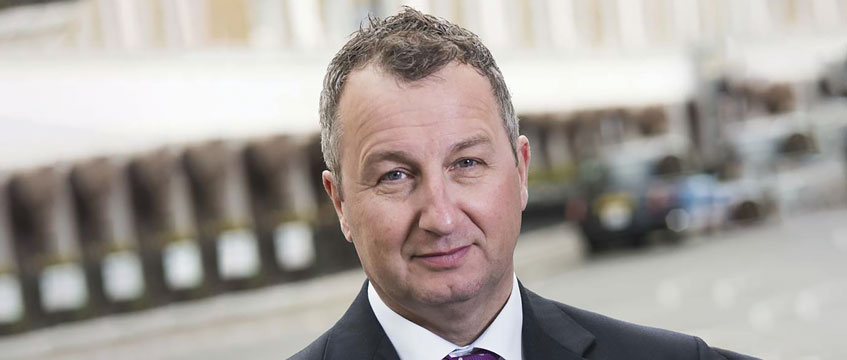In a surprise move, the government has announced its plans to “scrap” the Valuation Office Agency in a drive to “slash inefficiencies”.
Tax minister James Murray said the reform was designed to help to deliver the government’s “plan for change” by creating the conditions for growth.
From April 2026, the VOA will be integrated into its parent department, HM Revenue & Customs, in a move to “increase efficiency, business experience, and ministerial accountability”. This change precedes the government’s review of numerous arm’s-length bodies at Whitehall and is part of the Tax Update: Simplification, Administration, and Reform published on 28 April.
The VOA is responsible for valuing properties for council tax and business rates, collecting more than £60bn annually. It also provides commercial property valuation services to the public sector. The Treasury anticipates that merging the VOA into HMRC will deliver 5% to 10% savings on administrative costs by 2028-29.
Impact of the change
According to VOA chief executive Jonathan Russell, the change will have minimal practical impact. In a letter to agents, Russell emphasised that the decision acknowledges the importance of the VOA’s work and aims for “greater efficiency and accountability”. He pointed out that when the VOA was created in 1910, it was part of the Inland Revenue, only becoming a separate agency in 1991, adding: “So in many ways we are going back to our roots.”
Russell reassured services and the 2026 revaluation would remain unaffected, with HMRC recognising the VOA’s specialist role and expertise.
The agency has also declared it is “business as usual” on its website.
Personally, I am not so sure.
Loss of independence
Indeed, despite these assurances, concerns persist about the VOA’s independence. You could argue the VOA has not been totally independent or at arm’s length for years and this move is just confirming what we have known for some time – the role has become increasingly politicised.
We’ve seen this in recent negotiations with the VOA where we have come to an agreement on a particular topic or case but then, under “pressure” from the Treasury, the VOA backtracks or comes back to argue for more.
This absorption into HMRC could therefore be seen as a culmination of this trend – but it is one going in the wrong direction. There is a recognised and actual need for a proper independent body to review cases, particularly in these unsettled times. This is going to be increasingly difficult to achieve when the VOA is swallowed up into the tax-revenue-chasing HMRC.
Consultation and cost savings
There are fears that jobs within the VOA may be at risk, despite assurances of no redundancies. Sources indicate that neither the VOA itself nor its unions were consulted on the planned reorganisation – nor on the wording in the government’s press release which announced plans to “scrap” the VOA. VOA managers have therefore been busy reassuring staff that their roles remain unchanged.
A source also revealed the VOA is well on the way to achieving the required tax savings for the year, questioning the necessity of its abolition. Unions, including Prospect’s general secretary Mike Clancy, agree. He described the decision as a “slap in the face” to hard-working civil servants, doubting the move’s potential to improve operations.
Impact on business
Businesses are concerned about the timing of the move amid Labour’s ongoing business rates reform proposals. The introduction of new multipliers, a new rating list in 2026 and new administrative processes in play only add to the uncertainty.
The merger’s impact on service quality for ratepayers is also questioned, given recent criticism of HMRC for poor customer service. A Federation of Small Business report highlighted HMRC’s poor customer service as a recurring issue affecting the productivity of small businesses. The report noted frustrations in engaging with HMRC for guidance or responses to appeals.
So it’s difficult to see how merging the VOA into HMRC will make things better.
All talk
The government’s announcement appears to be a move to demonstrate action rather than addressing the core business rates issues. Despite previous claims to abolish business rates, the government has instead made the system more onerous and expensive. The decision to abolish the VOA may serve as a dynamic soundbite but raises concerns about the future of business rates and the independence of approach to property valuations.
For ratepayers, the integration of the VOA into HMRC may lead to increased difficulties in obtaining sensible answers on business rates assessments, with the appeal system potentially becoming more distant, more rigid and less responsive. For ratepayers across the country the computer is going to say “no” even louder.
John Webber is head of business rates at Colliers










